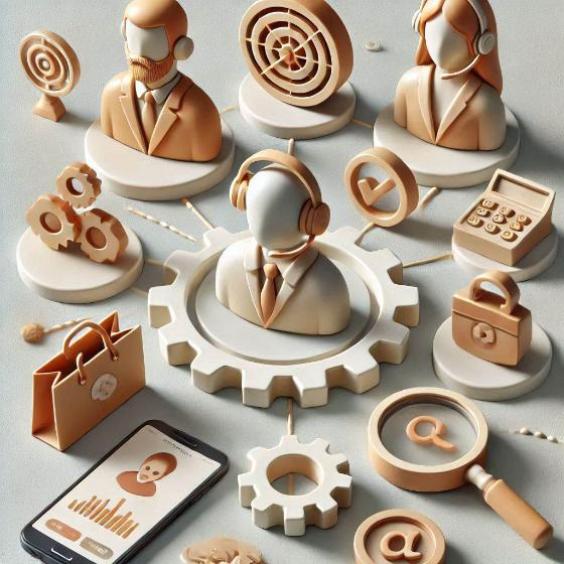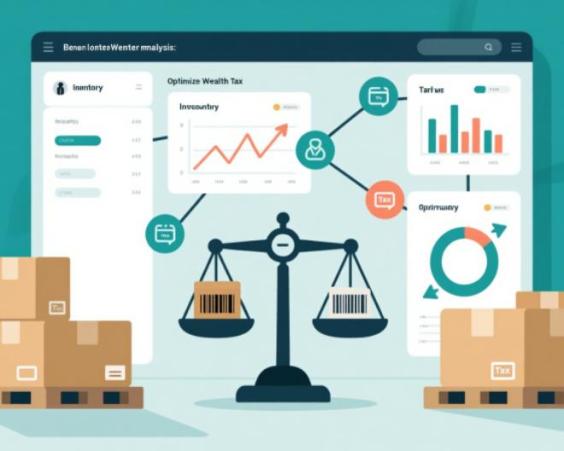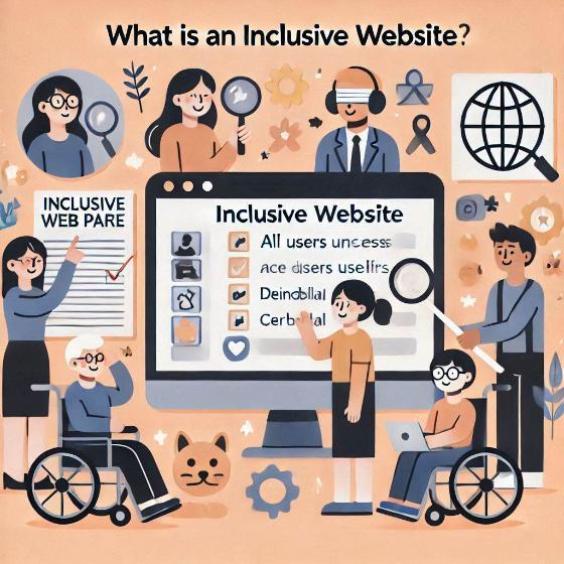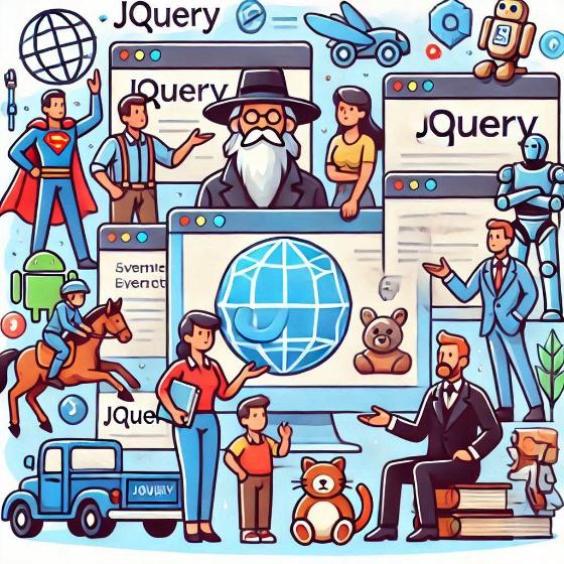Personalization in Customer Service: A Key Differentiation Factor
In the current digital age, customer service has evolved significantly. It's no longer just about solving problems and answering questions, but creating memorable and personalized experiences that foster customer loyalty and retention. Personalization in customer service has become a key differentiator for businesses looking to stand out in an increasingly competitive market.

What is personalization in customer service?
Personalization in customer service refers to the ability to tailor the customer experience to their individual needs and preferences. This can include everything from how you communicate with the customer to how you resolve their issues. Personalization requires a deep understanding of the customer and the ability to use that information to create unique and relevant experiences.
Benefits of personalization in customer service
Personalization in customer service offers numerous benefits, including:
- Greater customer satisfaction: When customers feel understood and treated in a personalized way, they are more satisfied with the experience and more likely to recommend the company to others.
- Greater customer loyalty: Personalization helps create an emotional connection with the customer, which can lead to greater loyalty and brand affinity.
- Greater efficiency in problem resolution: Personalization allows customer service agents to resolve issues more efficiently, as they can tailor their approach to the specific needs of the customer.
- Greater value for the customer: Personalization can add value to the customer experience, which can lead to a greater willingness to pay for products and services.
Strategies for implementing personalization in customer service
Here are some strategies that businesses can implement to personalize customer service:
- Using data and analytics: Using data and analytics to understand customer needs and preferences and adapt the experience accordingly.
- Creating customer profiles: Creating customer profiles to store information about their needs and preferences and using that information to personalize the experience.
- Offering personalized communication options: Offering personalized communication options, such as emails or text messages, to adapt the customer experience to their preferences.
- Using customer service technology: Using customer service technology, such as chatbots and customer relationship management systems, to personalize the experience and improve efficiency.
Examples of companies that have implemented personalization in customer service
Here are some examples of companies that have implemented personalization in customer service:
- Amazon: Amazon uses data and analytics to personalize the customer experience, offering product and service recommendations based on their needs and preferences.
- Netflix: Netflix uses algorithms to personalize the customer experience, offering content recommendations based on their preferences and viewing habits.
- Starbucks: Starbucks uses a mobile app to personalize the customer experience, offering customized ordering and payment options and rewards based on their preferences.
Personalization in customer service is a key differentiator for businesses looking to stand out in an increasingly competitive market. By using data and analytics, creating customer profiles, and offering personalized communication options, businesses can create memorable and personalized experiences that foster customer loyalty and retention. Companies that have implemented personalization in customer service have seen positive results, including greater customer satisfaction, loyalty, and value for the customer.





